
Sir Ken Robinson on the importance of Reading, Writing, and Creativity ... in the classroom and throughout life ...
How do you define creativity?
Ultimately it's the process of having original ideas, but there are several steps. The first step is imagination, the capacity that we all have to see something in the mind's eye. Creativity is then using that imagination to solve problems -- call it applied imagination. Then innovation is putting that creativity into practice as applied creativity.
That seems pretty straightforward. What do people not understand?
There are several common misconceptions. The first is that people think that only some are creative. It's in the nature of human beings that we are creative. The second misconception is that creativity is about design and marketing. What the TED conference shows is that creativity is central to the practice of science and business and more. Creative initiatives should help you find what you are passionate about. The third is that you can't do anything about it. You can cultivate creativity.
How?
There are several elements, but I think the first is curriculum. Things like the recent Innovation Initiative in the U.S. are a big mistake, because they focus too much on math and science. Yes, the U.S. needs more people doing math and more doing science, but it needs creative people in all fields.
The Renaissance was a flowering on all fronts. It concerns me that this U.S. initiative is focused on a piece of the problem but not the whole thing. A second element is teaching. You can't just give someone a creativity injection. You have to create an environment for curiosity and a way to encourage people and get the best out of them.
Companies that are clued into the innovation imperative have set up labs intended to foster creativity. But it can't be as easy as setting up a cool room with creative toys and a whiteboard.
No. On the corporate level, Pixar is a good example. The company has something called Pixar University, that runs classes, events, workshops and stuff throughout the day. Every employee is entitled to spend four hours a week at Pixar University, and they are encouraged to not take anything job-related. That keeps peoples' minds alive.
You can't be a creative thinker if you're not stimulating your mind, just as you can't be an Olympic athlete if you don't train regularly.
Read the rest here.
More Wonder and Joy here.

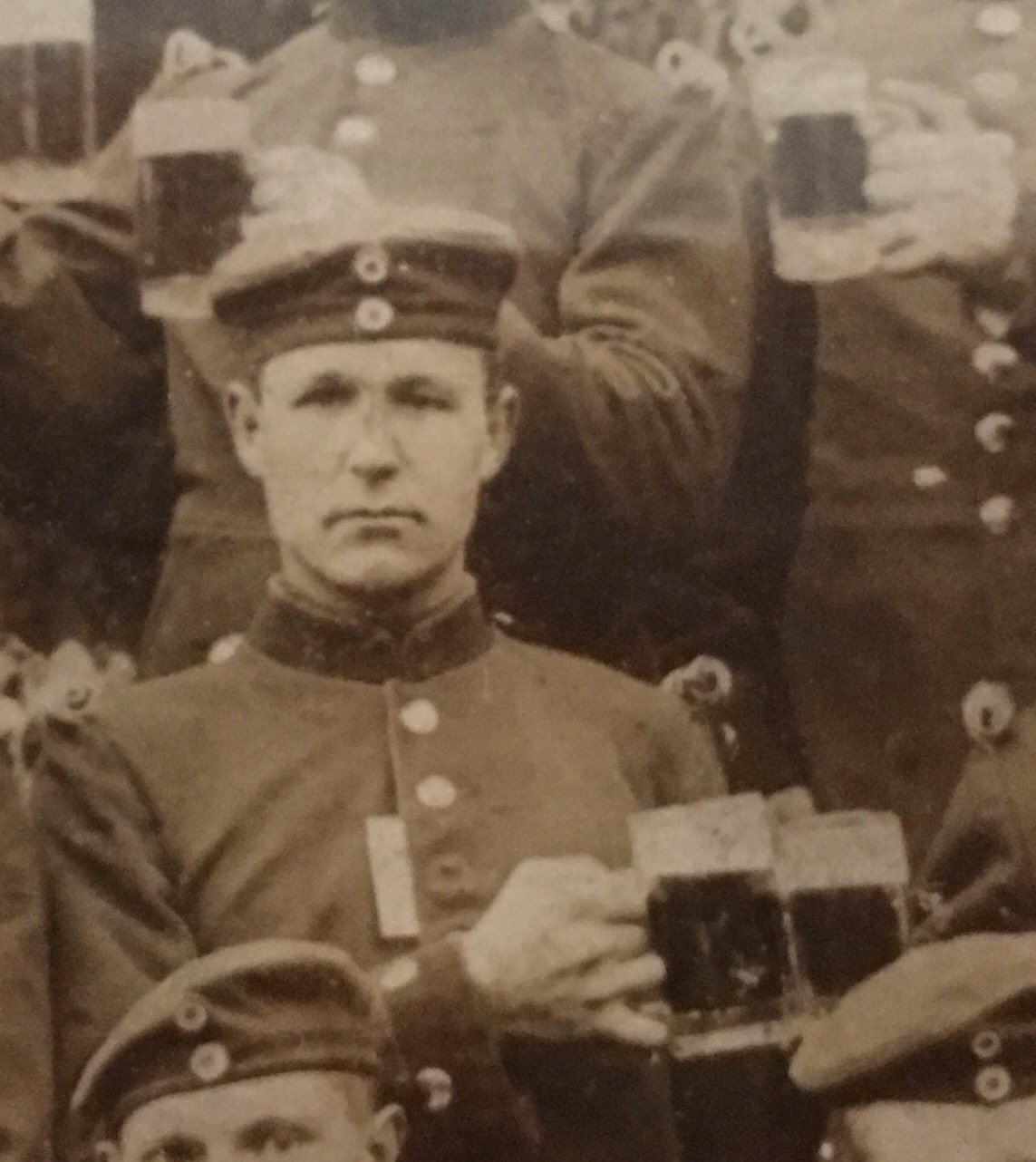























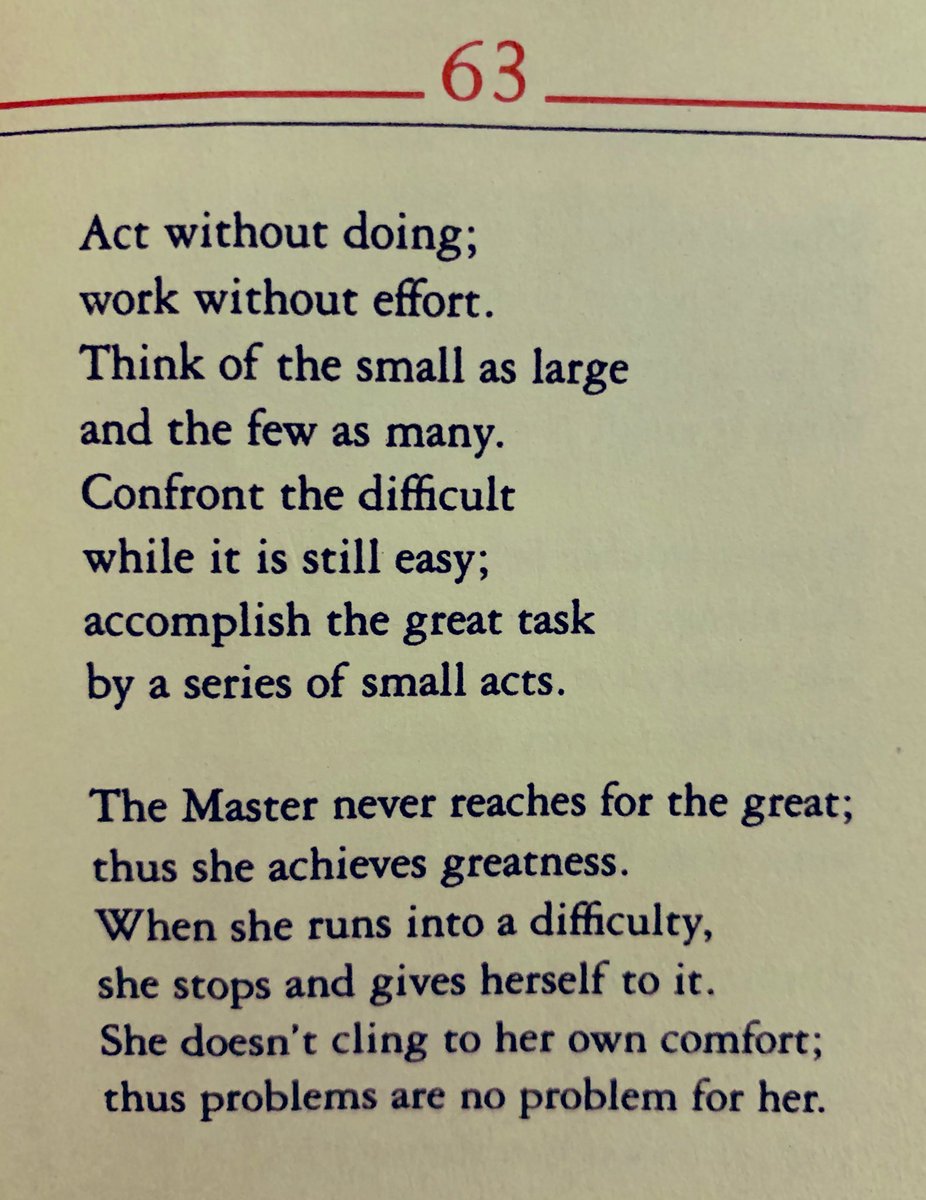
















































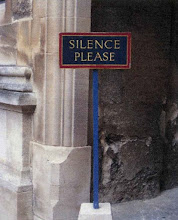









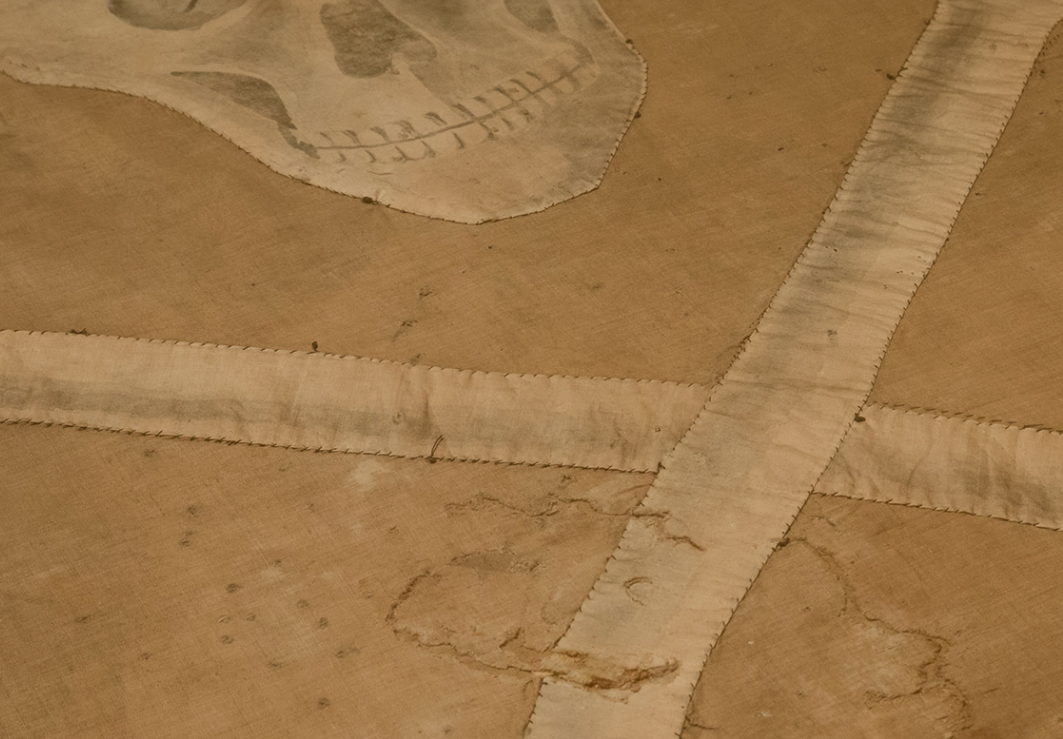



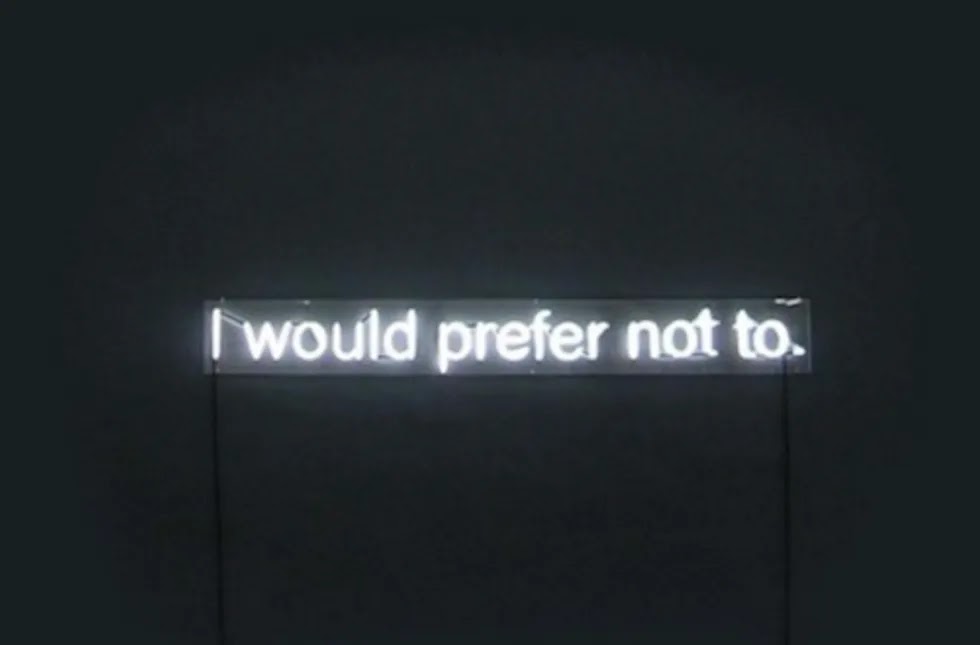




























No comments:
Post a Comment